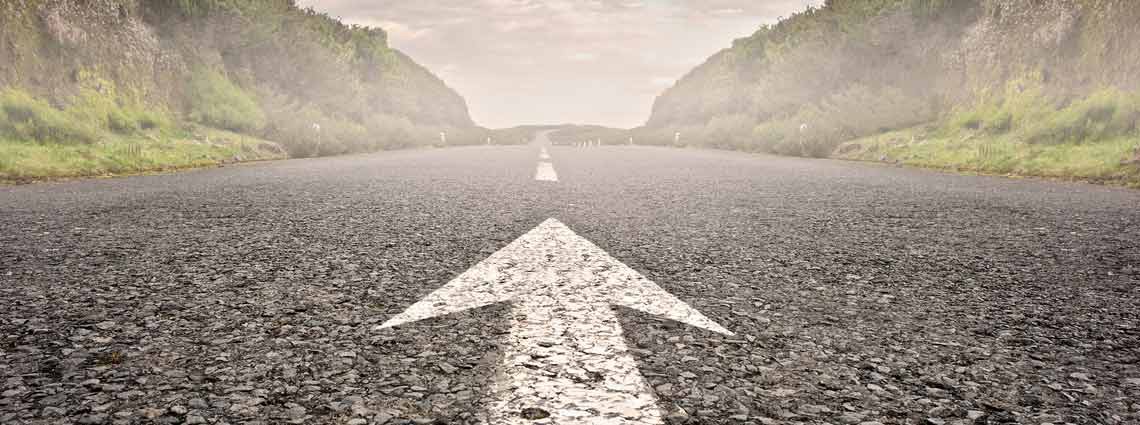There’s no point in mincing words. I was — and am — devastated by the outcome of the American election. The past week has been a flurry of tears, of being comforted and comforting others, of wondering how we got here, and where to go next. I’ve come out of the fog perhaps earlier than some others, and want to use my blog today to tell you why.
When I went to undergrad in the 1980’s and studied business, I felt like I was selling my soul. I had always been committed to helping progressive causes and to social justice. I saw myself as a social worker, a public school teacher, perhaps even an activist. The practicalities that led me to look toward a career in business also made me feel like I was turning my back on my values. My dearest childhood friend and partner in progressive idealism even said, “Shame on you” when she heard I was going to business school and refused to speak to me for years afterwards. Over time, I’ve seen that not only was I wrong about business to begin with, but business itself has changed. More and more people have gone to business school or started businesses precisely because they want to see positive change in the world, and see business as the most strategic way to achieve it.
Some say it started with Ben and Jerry’s ice cream, or The Body Shop — companies that performed well and did good at the same time. Since the 1980s, the moral conscience of business has grown, and grown, and grown — and as we look toward a next few years with a morally questionable leader at the helm (who is, among other things, a climate change denier) business could provide the bright beacon of hope we’re all looking for.
Examples to warm your heart and ease your anxiety:
· OSC2. It stands for One Step Closer to an Organic Sustainable Community. It’s a group of business leaders who are committed to tackling the toughest sustainability issues facing our planet. The focus of the day: compostable packaging and climate change initiatives.
· B-Corps. To qualify to be a B-Corps, companies must meet high standards for environmental, social, and legal accountability. They must prove a desire to “use the power of the markets to solve social problems.” There are nearly 2,000 B Corps in 50 countries, and covering 130 industries. This is a growing global movement, one that aims to make business known as a force for good.
· Hundreds of do-good enterprises led by smart, purpose-driven individuals. In the course of writing my book, I got to talk to people like:
o Julie Schlosser, former Fortune editor and cofounder of Altruette. Altruette makes charm bracelets to empower girls, wherein each charm represents a different cause — and money is donated to that cause.
o Kirsten Tobey and Kristin Richmond, cofounders of Revolution Foods. They started their company — which is committed to bringing healthy foods to school cafeterias — while getting their MBAs at Haas.
o Rip Pruisken and Marco de Leon at Rip Van Wafels. These young men bring non-GMO, high-quality ingredients to their snack food, but also have as one of their marquee values that they “don’t let our ego stand in the way of the truth.” Good advice for today’s leaders.
And don’t doubt that I’m putting my money where my mouth is. I’ve made a point throughout my career to align my ethical values with the work I’m doing. And I’ve been fortunate to be a part of three remarkable companies that are doing good in the world:
o Clif Bar. This was one of the first companies to show me that you could have multiple bottom lines, and that we are as accountable to the environment as we are to our consumers.
o Plum Organics. This is a company committed to helping kids develop a lifetime love of healthy eating.
o And now I’m with REBBL, which is committed to eradicating human trafficking both by giving 2.5% of all profits to our nonprofit partner, Not for Sale, and to eliminating the sourcing issues that contribute to trafficking.
There’s a lot we can do, everyone. Even if you are not remotely interested in business, we can lead a revolution with how we spend our dollars. We can support good businesses and look there to find our moral leaders, in the absence of political ones.
Originally published at www.sheryloloughlin.com on November 16, 2016.


